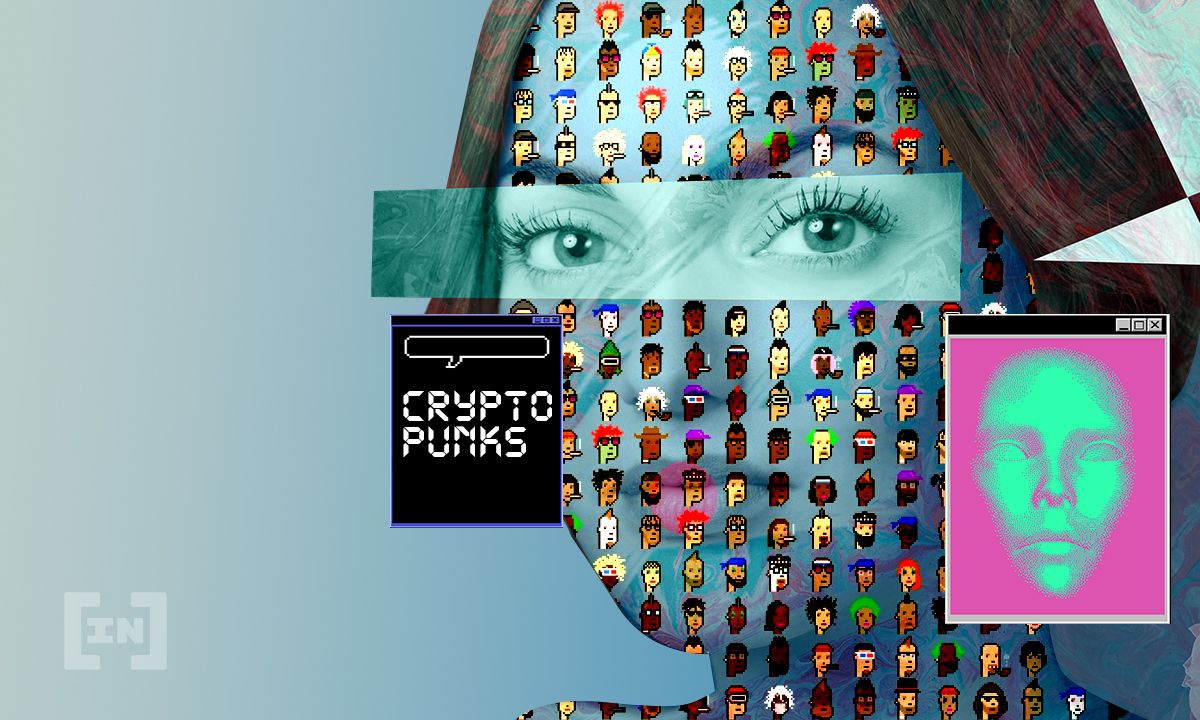Cryptopunks, an NFT project by Larva Labs, recently saw something akin to a “wash sale” occur on the Ethereum blockchain.
Someone using an Ethereum address beginning with 0xef76 transferred the CryptoPunk to an address starting with 0x8e39. Later, 0x8e39 sold the NFT to an address starting with 0x9b5a for 124457 ETH, most of which was borrowed from Compound.
The ETH was sent to a smart contract, which transferred them to the seller. Thereafter, the seller sent another 124,457 ETH to the buyer, who repaid the loans. Finally, the avatar was given back to the user with the address 0xef67 and offered for 250,000 ETH.
Larva Labs said that it would remove notifications for these kinds of transactions in the future because while the bid is technically valid, no one can bid, because the ETH is offered and removed in a single transaction.
CryptoPunk #7523 was the most expensive CryptoPunk ever sold, at $11.8M, followed by CryptoPunk #7804 at $7.56M, and CryptoPunk #3100 for $7.51M. The most expensive NFT ever sold legitimately was EVERYDAYS: THE FIRST 5000 DAYS by Mike “Beeple” Winkelmann, which was sold by Christie’s for $69.3M.
NFT wash trading
Wash trading is a process via which a trader buys and sells an NFT for the purpose of feeding misleading information to the market. In a conventional securities market, wash trading could be perpetrated by collusion between a trader and a broker, or by investors acting as both the buyer and the seller.
With NFTs, wash trading includes any purchases or sales made not for the sole purpose of buying or selling a product. Wash trading compromises the reliability of statistics, and thus projects need to spend time cleaning their own records to determine actual use vs. fabricated use, investors are forced to rely on measurable statistics less and less, complicating the due diligence process, and collectors cannot make informed decisions, as they cannot determine the true value of something they are buying or selling.
Nansen, a blockchain analytics firm, observed that NFTs are “spotted by profit-seeking practices.” Based on transaction patterns observed by Nansen, new token founders are buying large sums of assets at a low price, which means that they are purchasing and selling the same NFT.
Disclaimer
In adherence to the Trust Project guidelines, BeInCrypto is committed to unbiased, transparent reporting. This news article aims to provide accurate, timely information. However, readers are advised to verify facts independently and consult with a professional before making any decisions based on this content. Please note that our Terms and Conditions, Privacy Policy, and Disclaimers have been updated.


